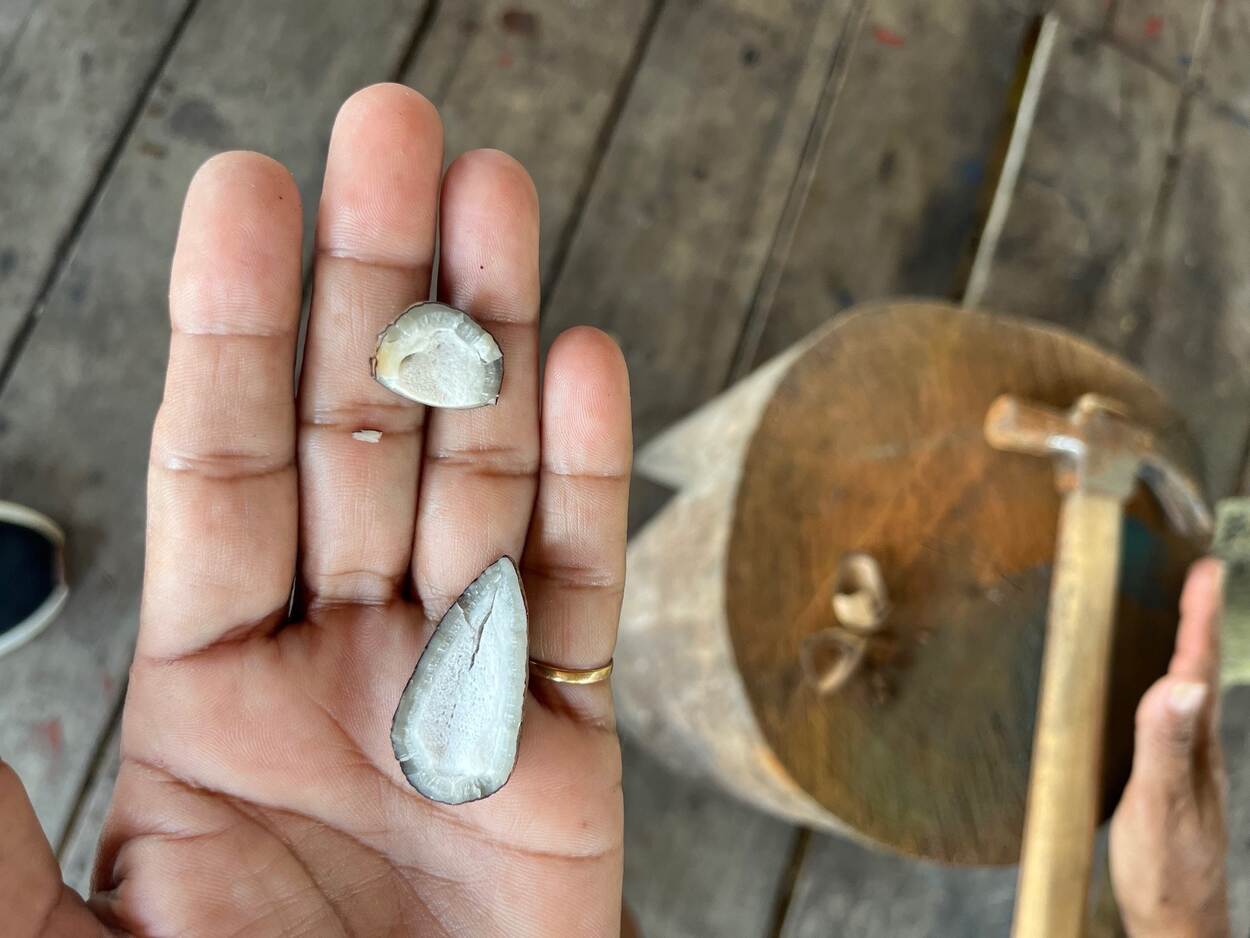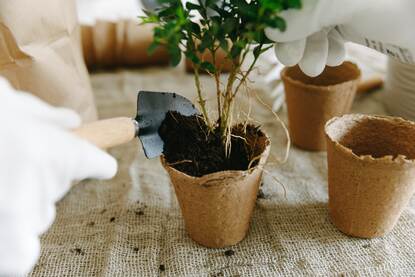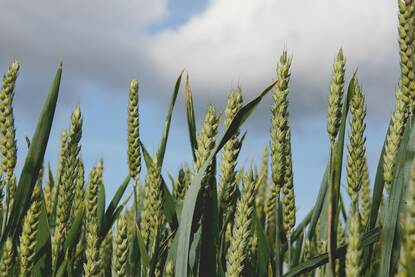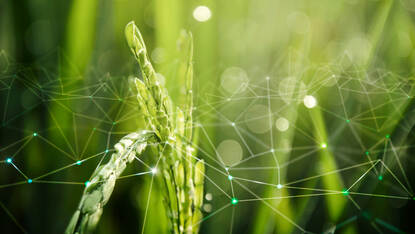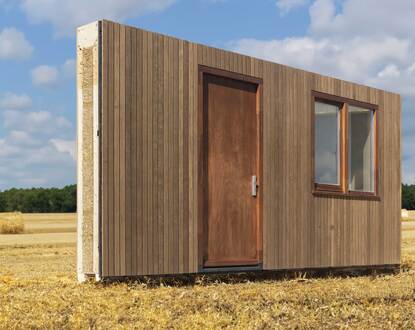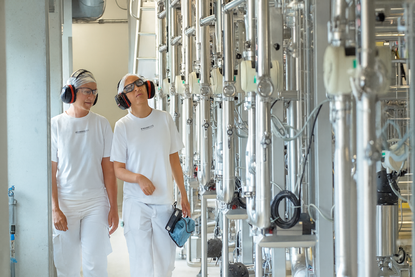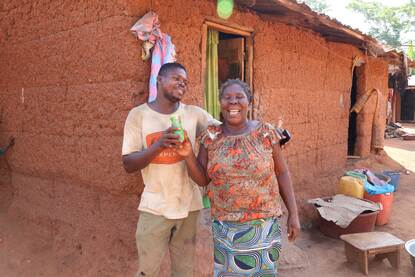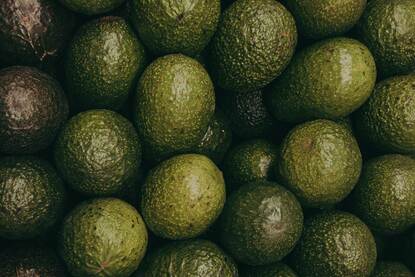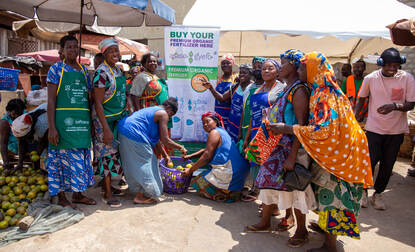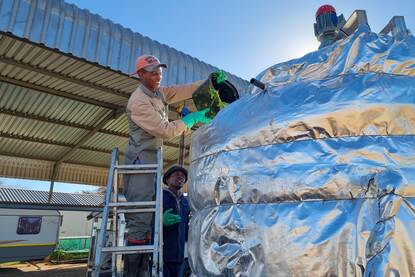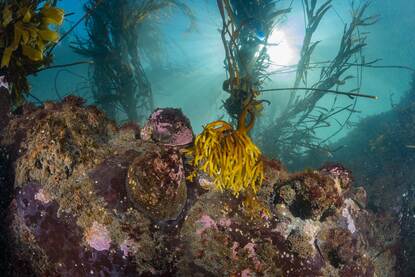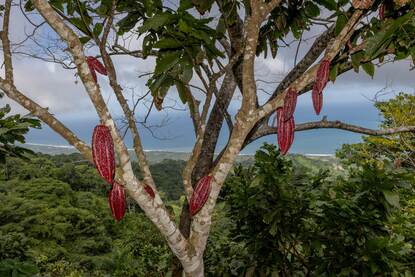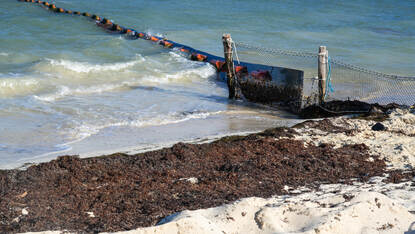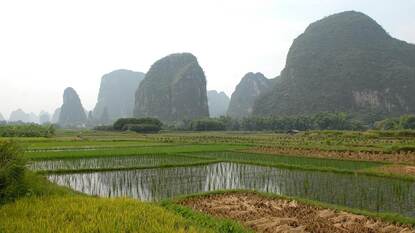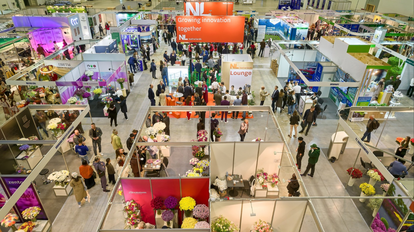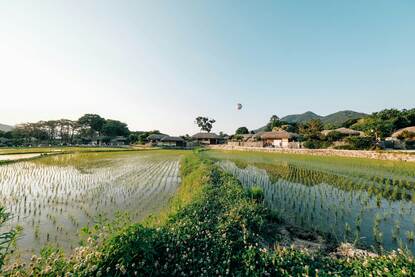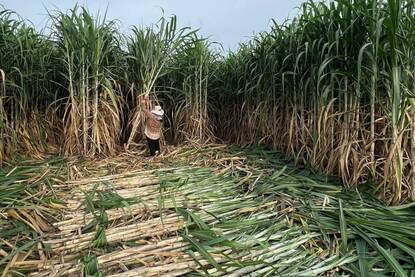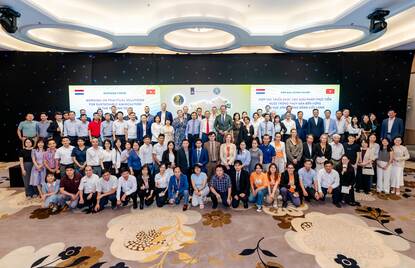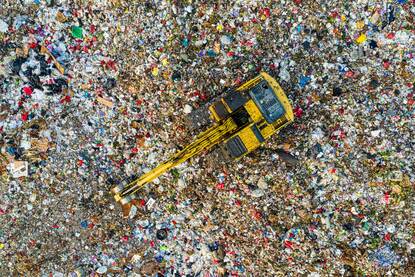Foto An open tonka bean from Joel Santos’ managed forest
Brazil is a frontrunner with regards to strengthening its bioeconomy. At its heart are people who play an active role in the conservation of Brazil’s crucial ecosystems. The Netherlands Agricultural Network (LAN) team at the Dutch Embassy in Brazil is committed to supporting Brazil in its transition to further develop a bioeconomy and seeks to strengthen trade links between the Dutch market and Brazilian producers of bioeconomy products.
Think global, act local – few places embody this better than Brazil. This is especially true for the country’s bio-based economy. Brazil’s multitude of biomes produce a variety of resources: from agricultural products to biofuels and renewable energy. This combination of biodiversity and productive capacity creates a solid ground for the bioeconomy.
According to the International Chamber of Commerce (ICC), Brazil could generate between US$100 billion and US$140 billion per year by 2032 with the advancement of the so-called knowledge bioeconomy—a segment that combines biodiversity, science, and innovation to develop sustainable products and solutions in areas such as food, health, cosmetics, materials, and agribusiness.
The bioeconomy in Brazil manifests mainly in the commercialization of products harvested from managed forest. At its heart, it is about the farmers whose work is based on traditional practices. Caio Perecin, Director of Operations at the Amazon Biobusiness Center (Centro de Bionegócios da Amazônia, CBA – a government agency from the Amazonas state in Brazil, focused on the promotion of sustainable development through the bioeconomy) confirms: ‘In my view, small-scale farmers in Brazil tend to adopt sustainable practices more consistently than large-scale operations.’ Strengthening their role in Brazil’s bioeconomy could boost incomes and enhance the communities’ resilience.
Small-scale farmers as drivers of change
An example of this is Joel Santos, a farmer who lives along the Tocantins River in the state of Pará. Early in the year, the LAN team in Brazil visited a few agroecology farms, including Santos’ farm. The goal was to learn more about these sustainable systems. Santos harvests seeds of the Cumaru tree (Dipteryx odorata), known as tonka beans and sells them to cosmetics company Natura to be used in their production. Besides tonka beans, Joel Santos also harvests açaí berries (Euterpe oleracea) from his managed forest, which forms his main income, as its pulp is widely consumed in Brazil.
The LAN team discovered that this type of managed forest has proven to be more profitable than local livestock farming for the local community, while also providing alternative uses for degraded land. By providing a more sustainable source of products, these systems form a stable supply for a sustainable bioeconomy with people at its center. Supporting these systems fits well within the Dutch Ministry of Agriculture, Fisheries, Food Security and Nature’s (LVVN) broader regional commitments on conservation, restoration and the sustainable use of biodiversity. Read more about the visit here (in Dutch).
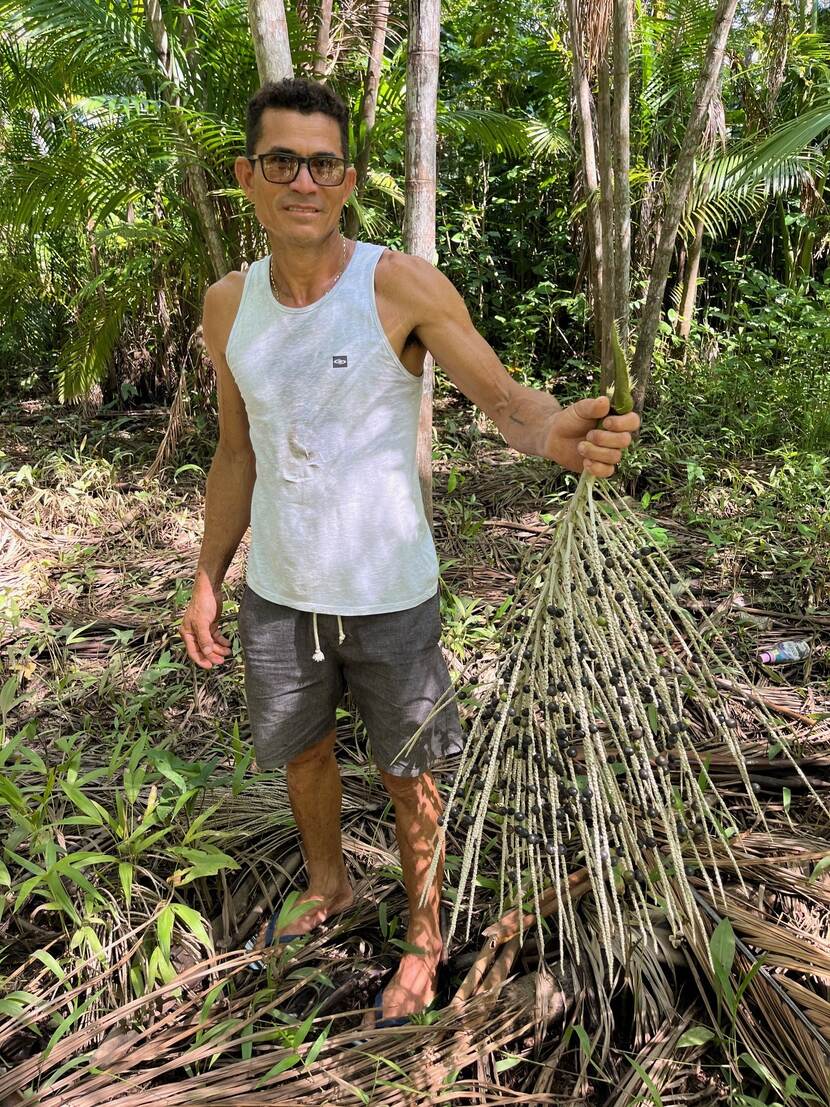
Small producers and extractivists (persons or entities who make a living by sustainably harvesting natural resources such as nuts, fruits, oils, or latex from forests and ecosystems) play a central role in the Amazon.
Perecin refers to a project led by the producers’ association (ASSOAB) in Beruri, a municipality in the heart of the Amazon: ‘In this municipality there are both Brazil nut plantations and extractive activities. With the support from Natura, ASSOAB has set up an oil extraction agroindustry. This is an example of bioeconomy led by small producers, supplying a growing market that values Amazon-based ingredients for high value-added products.’ The abovementioned Amazon Biobusiness Center supports these initiatives with training, quality analysis, and co-development of innovative products.
Brazil’s bioeconomy agenda
In both its 2024 G20 (group of countries with the largest economies in the world) presidency and upcoming UN Climate Change Conference COP30 presidency, Brazil is placing the bioeconomy center stage. At COP30, the bioeconomy will feature as a key theme. For example, Brazil will open an Innovation and Bioeconomy Center, featuring startups from Belém contributing to the country’s bioeconomy. In addition, during the G20 summit in Rio de Janeiro, all members signed 10 (voluntary) principles for the bioeconomy. It is yet to be seen to what extent these principles will be implemented.
Brazil’s commitment to the bioeconomy on a national level is reflected in the National Bioeconomy Strategy and the National Secretariat of Bioeconomy of the Brazilian Ministry of Environment. The Secretariat is responsible for developing and coordinating policies, strategies, and programs that promote sustainable economic activities based on Brazil's environmental assets. It also manages benefit-sharing related to genetic resources, fosters public-private partnerships, and represents Brazil in international agreements related to bioeconomy and sustainable resource use.
The strategy forms as a base for coordination and implementation of public policies aimed at further developing the bioeconomy. The strategy highlights five sectors as high potential for the bioeconomy:
-
Socio-bioeconomy production chains
-
Restoration and regeneration
-
Agri-food systems and agriculture
-
Biotechnology and biomanufacturing
-
Bioenergy and biofuels
In addition to these policy measures, regulatory frameworks have been enacted by the Lula administration, including the Productive Forests National Program and the National Food Supply Policy.
Brazilian bioeconomy policies emphasize inclusive growth, biodiversity conservation, and social justice. However, this does not mean all the work is done. In practice, large agribusinesses, which often rely on intensive monoculture and environmentally harmful practices, continue to dominate. This makes it difficult for smaller, sustainable operations to thrive. The true test for Brazil’s bioeconomy agenda will lie in how effectively it navigates these obstacles to deliver on its vision.
‘An essential role for the LAN team in Brazil is being a connecting factor’
Dutch-Brazilian collaboration in action
There is an increasing number of opportunities for Dutch stakeholders to contribute to and benefit from Brazil’s transition to a bioeconomy that is in line with Brazil’s vision on inclusivity, biodiversity and social justice. Emiel Mulder, the Nature and Biodiversity Counselor for South America, stationed at the Dutch Embassy in Brasília explains: ‘An essential role for our LAN team in Brazil is being a connecting factor: finding meaningful initiatives here that sustainably cultivate bioeconomy products and bringing them to the European market.’
By fostering these connections, the Netherlands can help amplify smallholder efforts and support the transition to a bioeconomy with eye for people, planet and profit. The LAN team in Brazil is engaged in several projects to support sustainable value chains and resilient food systems, a selection of which is highlighted below.
The SocioBio Hub -co-funded by the Netherlands- is an initiative that builds local value chains around socio-biodiverse products. The Hub creates long-term sustainable opportunities for local communities. Initiatives like these are great because of their impact beyond the project’s duration.
In partnership with IDH (the Sustainable Trade Initiative), the Dutch Embassy in Brasília is exploring opportunities for international cooperation between the state of Pará and the Netherlands for sustainable value chains in a bioeconomy. As part of this partnership, IDH organized a matchmaking event on 2 September 2025 in Belém. During the event, the LAN team in Brazil connected with (agri)businesses, knowledge institutes, and NGOs to bioeconomy initiatives from Pará.
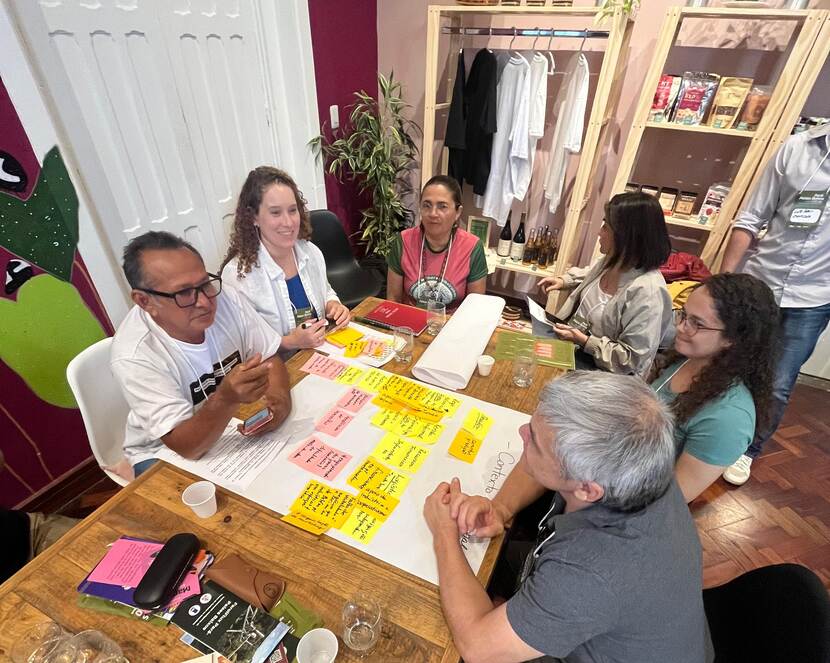
European interest in ethically and sustainably produced products
Mulder identifies agroforestry as a great way to sustainably source bioeconomy products. He emphasizes the importance of supporting sustainable value chains, especially in agriculture, one of Brazil’s biggest bioeconomy sectors in terms of export.
‘By cultivating a diversity of crops instead of just one, farmers become more resilient to market fluctuations. Furthermore, agroforestry is more nature-inclusive compared to monoculture systems. It also has the benefit of being richer in biodiversity,’ Mulder shares. The question is: how do we spotlight these products in Europe?
Mulder acknowledges a key challenge: ‘For example, cocoa produced in agroforestry systems is more expensive than conventional cocoa. However, there is growing interest in Europe for ethically and sustainably produced bioeconomy products. It is about finding the right partners and raising awareness of the added value that agroforestry systems bring.’
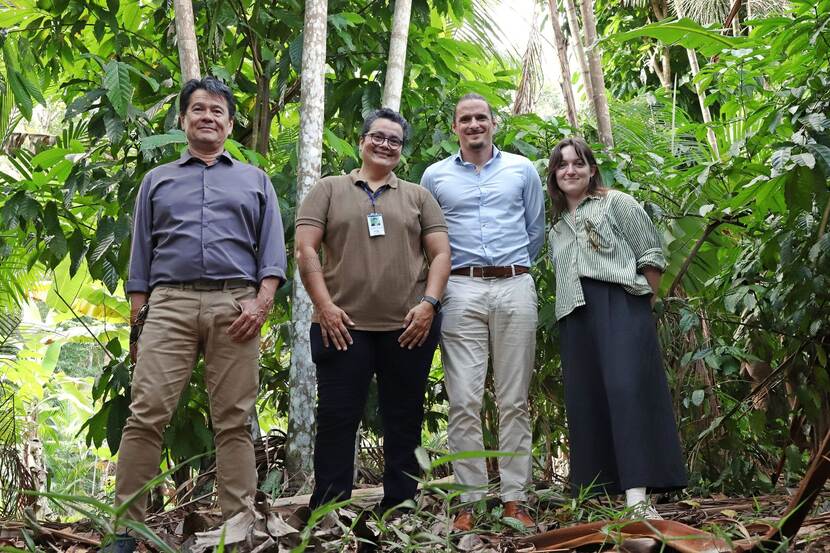
Looking ahead: COP30 and other opportunities
COP30 presents a unique opportunity for collaboration between the Netherlands and Brazil. First, the COP’s Bioeconomy Center can help Dutch stakeholders connect with producers at the heart of Brazil’s transition. Second, the Tropical Forest Forever Facility (TFFF) aims to create a financial model that rewards forest conservation. This holds potential to create an economic advantage to conservation efforts. In turn, it helps incentivize the transition to a sustainable bioeconomy.
The Netherlands has a lot of expertise to share on the integrated management of biodiversity, water and food. At the same time, there is a lot that we can learn from Brazil when it comes to creating a vision and policy on the bioeconomy. These complementary strengths form a solid base for a reciprocal knowledge exchange.
There is a growing potential for Dutch companies to connect with Brazilian producers of bioeconomy products from agroforestry systems and socio-biodiverse value chains. By doing so, Dutch stakeholders can help bring sustainable products to the European market. The LAN team in Brazil works to strengthen these connections, for example through our project with IDH on Brazilian-Dutch partnerships in Pará. With COP30 taking place in Belém this November, momentum is building. The LAN team in Brazil is here to support Dutch stakeholders in making the most of these opportunities.
The 30th United Nations Climate Change Conference
The 30th United Nations Climate Change Conference, UNFCCC COP30, will be held in Belem, in the state of Pará, between 10 and 21 November 2025. The Brazilian Federal Government has intensified preparations to welcome more than 60,000 people, including heads of state, diplomats, entrepreneurs, investors, activists, and delegations from the 193 member countries.
The conference will position Brazil as a catalyst for discussions on global and regional environmental issues, including the reduction of greenhouse gases, adaptation to climate change, financing for developing countries, preservation of forests and biodiversity, use of renewable energy and low-carbon solutions, and the social impacts of climate change.
More information at:
More information
Would you like to know more about Brazil’s commitment to bioeconomy and its bioeconomic agenda? You can visit the country page of Brazil at the website Agroberichtenbuitenland.nl of the Dutch Ministry of Agriculture, Fisheries, Food Security and Nature. You can also send an e-mail to the LAN team at the Dutch Embassy in Brasília: bra-lvvn@minbuza.nl.
